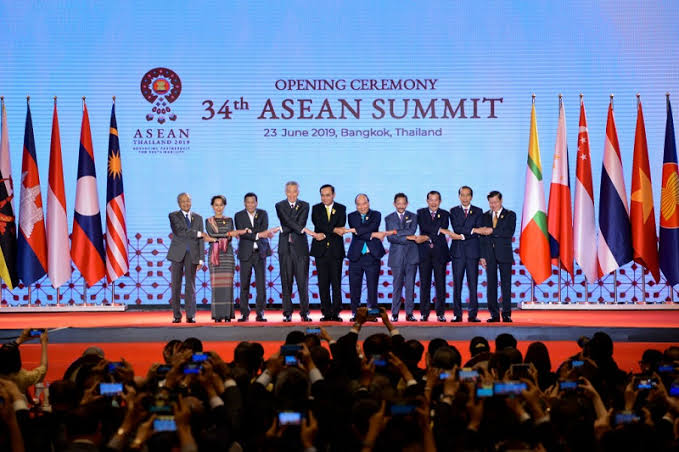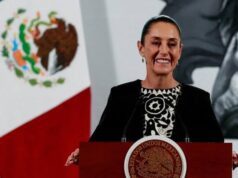ASEAN concerned over rising tensions in Indo-Pacific Region and Climate Change

The countries are determined to promote the implementation of the Indo-Pacific Region through concrete projects and activities in order to promote mutual trust, respect and benefit through ASEAN-led mechanisms
The countries of the Association of Southeast Asian Nations (ASEAN) have expressed concern over the rising geopolitical tensions in the Indo-Pacific Region, according to the statement issued following their summit in Jakarta.
“We expressed concern over the intensifying geopolitical tensions in the region, and further underlined the value and relevance of the Indo-Pacific Region to ASEAN’s peace, security, stability and prosperity. We were determined to further promote the Indo-Pacific Region in our interactions with partners and to mainstream and promote the implementation of the Indo-Pacific Region through concrete projects and activities in order to promote mutual trust, respect and benefit through ASEAN-led mechanisms,” the statement says.
ASEAN was founded in 1967 and brings together 10 countries – Brunei, Cambodia, Indonesia, Laos, Malaysia, Myanmar, the Philippines, Singapore, Thailand and Vietnam.
The heads of state and government of the ASEAN countries have also urged developed countries to fulfil their commitments under the Paris Agreement, as well as increase funding for climate programs, according to a joint statement issued following the 43rd ASEAN Summit in Jakarta.
“We noted that Southeast Asia is one of the regions highly vulnerable to the adverse impacts of climate change. We reiterated our call for developed countries to fulfil their commitments under the Paris Agreement and to scaleup their contributions to climate finance,” the statement says.
The final statement also notes the need to strengthen cooperation among the global community “on climate change by sharing best practices, experience and knowledge, technology transfer, and capacity building on climate change adaptation and mitigation and disaster risk reduction”.
The Paris Agreement was adopted on December 12, 2015, following the 21st Session of the Conference of the Parties to the UN Framework Convention on Climate Change. Its goals are to prevent the global average annual temperature on the planet from exceeding more than two degrees Celsius above pre-industrial levels by 2100 and to keep the warming within 1.5 degrees Celsius. The 28th Conference of the Parties to the UN Framework Convention on Climate Change, chaired by the UAE, will be held in Dubai from November 30 to December 12.
The ASEAN summit began on Tuesday in Indonesia’s capital, Jakarta. Its focus will be on integration and enhanced cooperation in various areas, as well as a number of regional issues.




